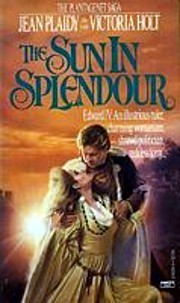What do you think?
Rate this book


1 pages, Mass Market Paperback
First published January 1, 1982
“So ended the battle of Bosworth, the last in the Wars of the Roses. So ended the rule of the Plantagenets. A new reigning family had come to England with the Tudors.”